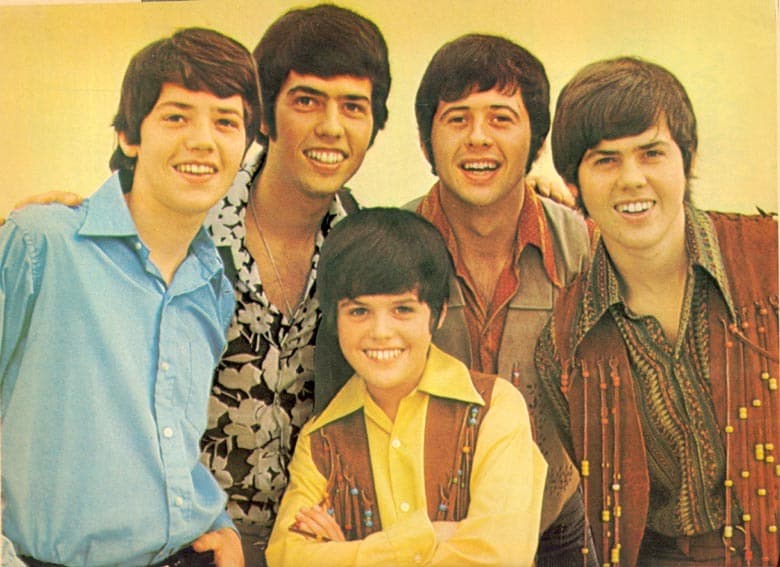
A Farewell to Youth: The Timeless Echo of a Love Lost
In the vast tapestry of pop and rock history, some songs aren’t just melodies and lyrics; they are time capsules. They carry with them the distinct scent of a specific moment, a feeling, a generation. For many who came of age in the early 1970s, The Osmonds‘ “Carrie” is one such song, a beautiful, poignant lament that stands apart from the joyous, high-energy pop that was their trademark. This wasn’t the boisterous, choreographed showmanship of “Crazy Horses” or the wholesome sweetness of “One Bad Apple.” Instead, “Carrie” was a moment of vulnerability, a whisper in the wind that captured the universal ache of a love story that had reached its final, heartbreaking page. Released in 1972, this song, from their album ‘The Osmonds: Live’, became an unexpected and enduring hit, demonstrating the group’s depth beyond the teen idol phenomenon. It climbed the charts in the United Kingdom, peaking at a respectable number 12, a testament to its widespread emotional resonance across the Atlantic.
The story behind “Carrie” is one that many can relate to, a tale of first love and the inevitable, painful journey of growing apart. Written by the group’s patriarch, George Osmond, and their producer, Mike Curb, the song is a bittersweet elegy to a relationship that has run its course. It’s not a dramatic breakup; there are no angry words or accusations. Instead, it’s a quiet acceptance of an end, a gentle acknowledgment that the two people who once meant the world to each other are now on different paths. The lyrics paint a picture of quiet reflection, looking back at a past filled with shared dreams and youthful innocence. The narrator recalls “the days of make-believe,” “the dreams we planned,” and the simple, profound moments of “holding hands beneath the moon.” It’s this soft focus on cherished memories that makes the song so powerful. It doesn’t dwell on the pain of the present, but rather on the beauty of what once was, making the farewell all the more poignant.
For Donny Osmond, the lead vocalist on this track, “Carrie” was a significant departure. At the time, he was the face of teen pop, a heartthrob whose smiling face adorned countless bedroom walls. But with “Carrie,” he delivered a performance that was mature and deeply emotional, showcasing a vocal talent that went far beyond bubblegum pop. His rendition is filled with a raw sincerity, a quiet ache that feels incredibly personal. When he sings, “And the promises we made will not be forgotten,” you don’t just hear the words; you feel the weight of a youthful vow that couldn’t be kept. It’s a performance that hinted at the long and varied career he would later have, proving that he was more than just a passing fad.
Beyond its chart performance and beautiful narrative, “Carrie” is a song about the universal experience of growing up. It’s about that moment when you realize that not all loves are meant to last forever, and that sometimes, the most loving thing you can do is let someone go. For those who were teenagers in the 1970s, this song resonated deeply. It was the soundtrack to their own quiet goodbyes, to the fading friendships and loves that defined the end of adolescence. It’s a song that speaks to the heart of nostalgia, reminding us that while time moves on, the echoes of the past remain, a bittersweet melody that we can still hear if we listen closely enough. Today, decades later, “Carrie” still holds its power, a testament to the fact that some emotions are timeless, and some songs, like an old photograph, can transport you back to a moment in time, reminding you of the person you once were and the loves you’ve carried with you through the years.